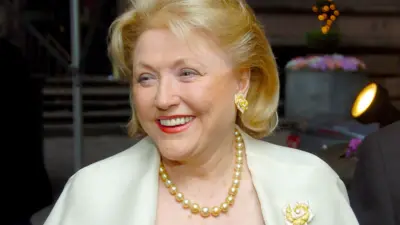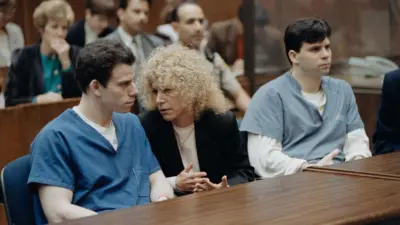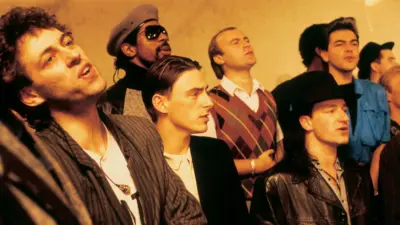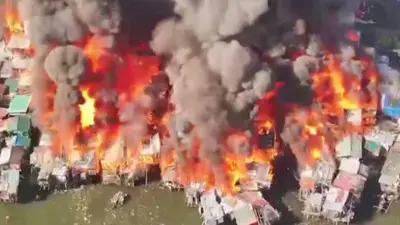We've updated our Privacy and Cookies Policy
We've made some important changes to our Privacy and Cookies Policy and we want you to know what this means for you and your data.
What if? The Lords debate Scottish hypotheticals
- Author, David Cornock
- Role, ҙуПуҙ«ГҪ Wales Parliamentary correspondent
It's the biggest "what if" in politics right now. Politicians often refuse to answer hypothetical questions - except on their own terms. That often allows pundits to fill in the gaps with answers of their own.
So what would happen in what's left of the UK if Scotland votes for independence next September? Members of the House of Lords have been trying to find - and supply - answers today.
There are no SNP members in the Lords so former Plaid Cymru leader Lord Wigley tends to put the Scottish nationalist argument in their absence. Today he asked the Liberal Democrat Advocate General for Scotland, Lord Wallace of Tankerness about the SNP's 670-page blueprint for independence.
"Will you," asked Lord Wigley, "in accepting this is a very substantial document, indeed so recognised by the editorial of The Times, will you in those circumstances give an assurance that the government will be bringing forward an equally substantial document indicating what will be the prospects for Scotland if there is a 'no' answer in the referendum - and will he in particular spell out what the government's intentions would be for the future of the Barnett formula in those circumstances?"
It's an interesting question. The Barnett formula, which gives the Welsh and Scottish governments a share of changes in similar spending areas in England, is widely seen as being more generous to the Scots than the Welsh and any change to that formula could benefit Wales at Scotland's expense, not that UK government ministers would say that ahead of the referendum.
Here's the answer Lord Wigley got from Lord Wallace: "I think each of the United Kingdom parties has got its own arrangements for looking forward to what would happen in the event of a 'no' vote. The point is we've actually got to campaign and win a 'no' vote before that happens and what the United Kingdom government has done and will continue to do is publish some very substantial documents analysing Scotland's place in the United Kingdom, the benefits we derive from being in the United Kingdom and the problems and difficulties that would arise if we became independent."
Their lordships continued to debate several other "what if" questions. Former Scottish Secretary Lord Forsyth wanted to know the fate of MPs from Scotland at Westminster should the Scots vote for independence, a vote he mischievously suggested could lead to the collapse of the coalition: "In the event that Scotland votes to secede from the United Kingdom in September of next year, will the general election still take place in Scotland in May of the following year and if so at what point will those Scottish MPs who are elected to the House of Commons be asked to leave?
"If it is before the general election, will it not result in the disintegration of the coalition and an overall majority for the Conservative party?"
Lord Wallace told him: "Those of us who have been elected to this parliament in the Commons and received their writ of summons to the Commons I don't think have any clause in it that tells them to go. In the unhappy event that Scotland chooses to leave the United Kingdom, there is no legislation in place that would stop the United Kingdom general election in 2015 applying throughout."
Tory Baroness Seccombe said the Commons would lose 59 Scottish members if there was a vote for independence, asking Lord Wallace: "What would be the effect on this House? Would Scottish peers as foreign nationals be able to retain their seats? And would you be able to come here to answer questions?"
Lord Wallace said the Scottish white paper states that the House of Lords is a matter for the rest of the United Kingdom (what's left of the K if the Scots go) to decide:"We do not intend to have any contingency planning, but it is interesting to reflect that many of us are here as peers of the United Kingdom. I don't think we anticipate in Scotland a House of Lairds."
Top Stories
More to explore
Most read
Content is not available








